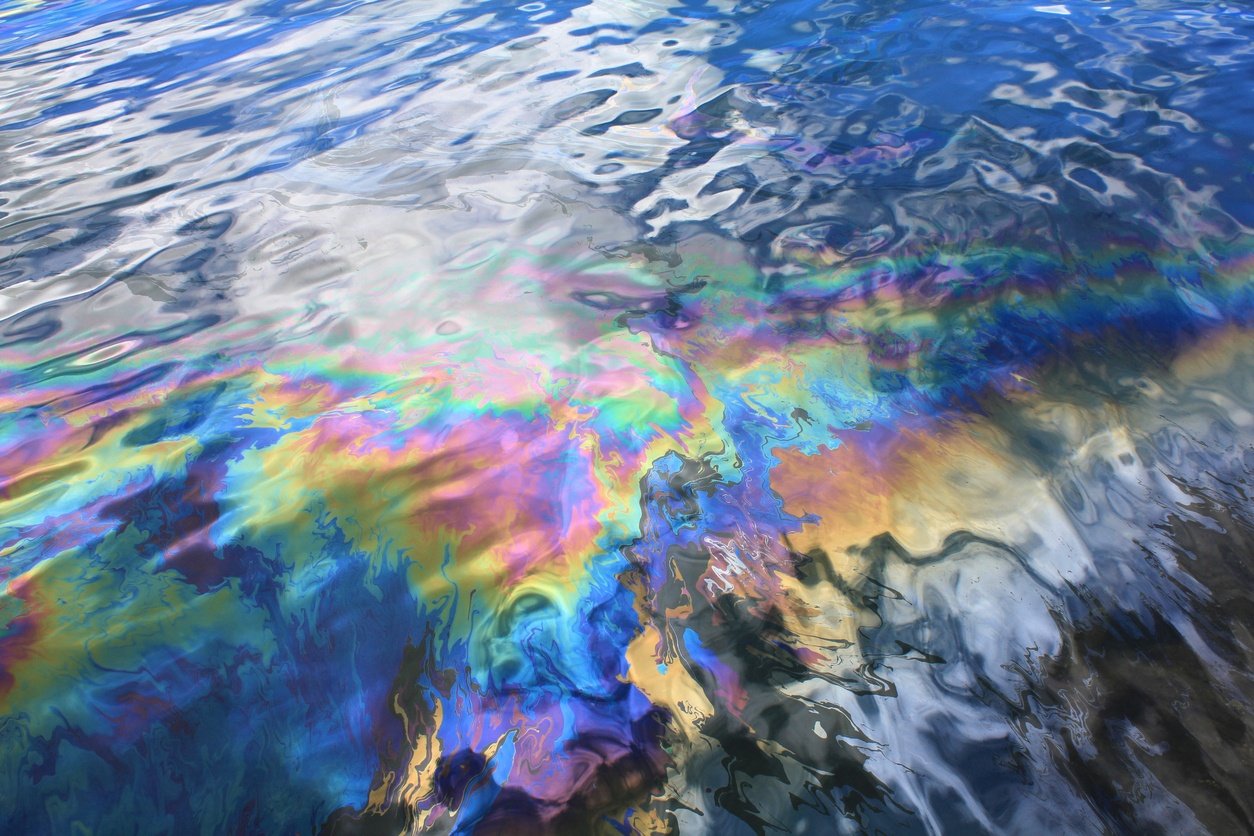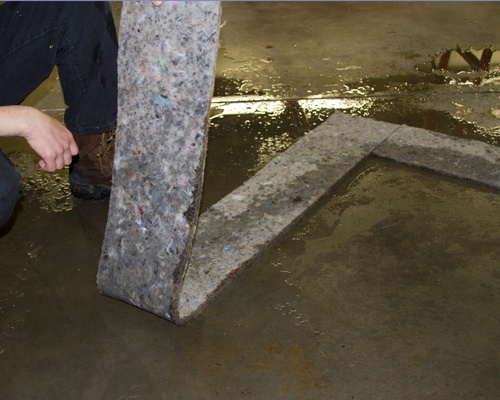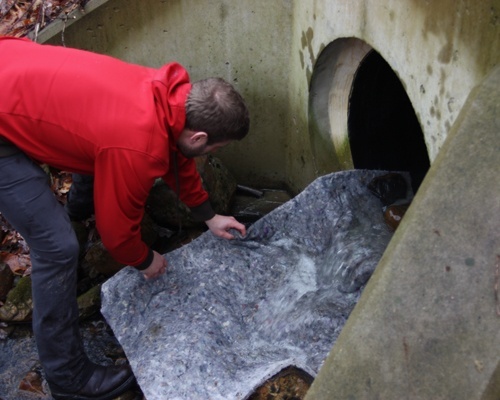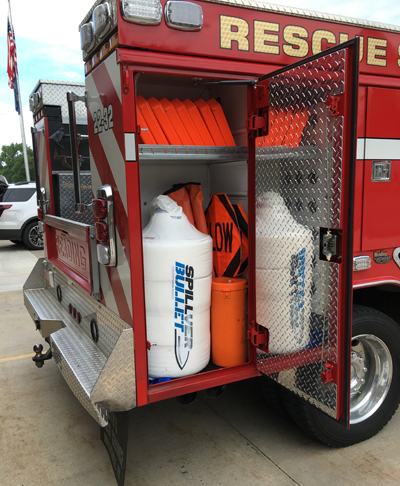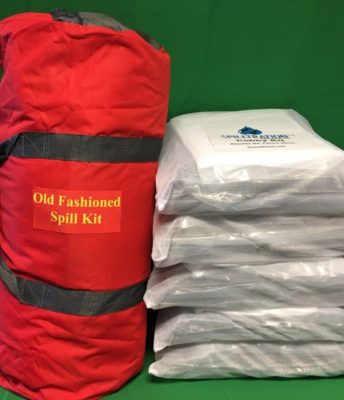There are two main processes for capturing oil using sorbents: retention on the surface of the sorbent and retention within the sorbent.
Derek Yurgaitis

Recent Posts
10 Main Types of Sorbents for Oil Spills in Water
Topics: oil spills, sorbents
How to Fireproof Your Spill Control Emergency Plan
A big part of a typical spill control plan addresses secondary containment of any leaks from storage drums. This typically involves spill containment pallets and decks as well as containment berms and drain seals.
Topics: steel pallets, fire
The simple answer to how much it costs to clean up an oil spill is thousands to millions to billions of dollars. It is, of course, not a simple question. And, there can be no simple answers.
Topics: oil spill cost
As you know, we have a great deal of experience manufacturing and delivering a wide range of spill kits designed for nearly every type of spill. This includes kits designed for general purpose, chemical, oil only, and hazardous materials spills.
Topics: oil spill, oil spill emergency, spill kits
Three Spilltration™ Products You Need to Keep on Hand for Spill Emergencies
“Be prepared.” This is not just the Boy Scout’s motto; it is what drives our entire industry. It’s all about preparing for those inevitable spill emergencies with the best products for your needs.
Topics: spill emergency
Three Reasons Why Spilltration Booms, Rugs Are More Effective Than White Sorbents
The three big reasons that Spilltration™ booms and rugs are more effective than white sorbents are: much higher absorption capacity in the rain; dramatically lower storage requirements; and savings of time, money, and the environment.
Topics: rain, oil spill, spilltration
Oil spills in the rain can be particularly challenging. The oil rises to the top of the water and quickly spreads. Plus, old fashioned white sorbents don’t work in the rain. The rainwater actually creates a barrier on the white sorbent and the oil runs off—exactly what you’re trying to prevent.
Three Flexible Products You Want in Your Spill Kit
Flexibility is at the heart of any spill response. After all, if you could predict what was going to happen, you’d already have prevented it. And, I’m confident that wherever possible, that’s exactly what you’ve done. But, spills to do happen and it’s best to be prepared.
Topics: spill response, spill kit
The 10 Most Common Questions We Get in an Oil Spill Emergency
As industry experts and one of the leading providers of spill kits, we get a lot of questions about oil spills. Many of which arrive during an emergency.
Topics: oil absorbent pads, oil spill emergency, oil absorbent socks, spill kits
Key Tools for Cleaning Up an Oil Spill in the Rain
As I noted in my last post, “An Overview of Oil Spills,” while the largest oil spills in the world gain all the news, minor spills and leaks that happen daily can have a much greater impact over time. Add rain to the mix and you really have a challenge on your hands.

